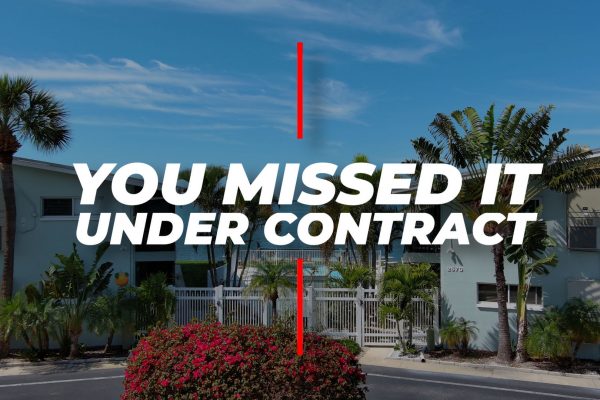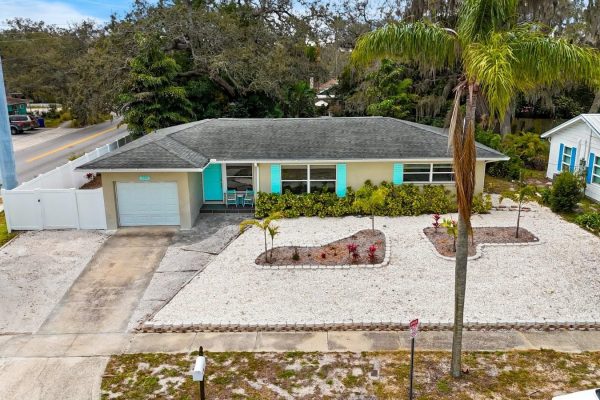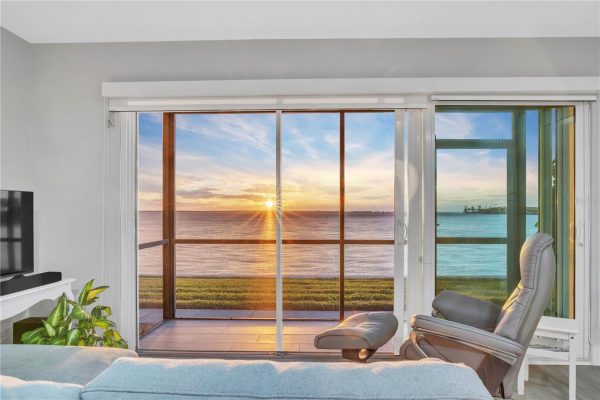REAL ESTATE IN THE SUNSHINE STATE
CLEARWATER, DUNEDIN, SAFETY HARBOR
AND SURROUNDING AREAS IN
FLORIDA
REAL ESTATE LISTINGS AND OPEN HOUSES

Facing a Life Transition?
If you’re adding people (or pets!) to your life,
moving for work,
simplifying your lifestyle,
or just need to move to a different home or area,
having professional guidance is invaluable.

WHY USE ZACH?
MARKETING SAVVY
People still advertise in the Yellow Pages,
and have fax numbers on business cards.
Modern problems require modern solutions.
NEGOTIATION
There are 4 parties in most transactions.
Knowing your style
makes negotiating far less stressful,
and your transaction much smoother.
CORE VALUES
Honesty and integrity is everything.
Reputation is priceless,
gained in drops and
lost in buckets.
RESIDENTIAL SERVICES
HOME SALES
Make more money on your home sale
with my mix of
Classic and Modern
marketing techniques and delivery.
Custom tailored to your property
and community.
SELL & BUY
The “Tricky Double”
doesn’t need to feel like
an Indiana Jones move.
Preparation and Expectations
can make all of the difference.
HOME BUYING
I’m committed to educating you on expectations,
giving you the best experience,
and an end result you will be ecstatic about!
TESTIMONIALS
⭐⭐⭐⭐⭐
"A Rising Tide"
The Podcast
I'm on vacation
and I NEVER want to leave!
I get it - I love it here too!
I have a pretty simple plan to
make that dream a reality.
SERVICE AREA
Zach prefers to work the northern
Pinellas County area.
SMALL TOWNS
Zach loves the small towns next to the big city.
For Northern Pinellas, that's Dunedin, Palm Harbor, Oldsmar, and Tarpon Springs.
For Southern Pinellas, that's Gulfport.
BEACHES
For all of Pinellas, that's the Beaches. Each one is it's own small town.
With the (possible) exception of Clearwater Beach.
Zach spent most of his years on St Pete Beach, Pass-a-grille, Treasure Island, and Madeira Beach, while living on the edge of South Pasadena.
He loves the beach communities and knows them well.
Each has it's own charm and personality.
BIG CITY
Of course, Clearwater is right in the middle of it all in North Pinellas, so all of those Big City feels are nearby.
For Gulfport, that's a short trip to Downtown St Petersburg.
(That's "St Pete" to the older locals, "Da Burg" for younger crowd.)
Never, NEVER call it "St Petes" though!
And, of course, Tampa is just a bridge away.
NO SERVICE
Downtown St Pete? Tampa?
Not his cup of tea.
(He prefers coffee - to a fault).
That is, he technically can work those areas.
He just doesn't like to.
Zach is happy to refer you to an expert agent
in any area that he does not typically service.
He will extend his range for a fellow veteran, though.
GET IN TOUCH
Schedule a Consultation
Zach enjoys coffee and "Mom & Pop" eateries, but an IHOP will do nicely too.
He's there for a coffee and conversation with you.
No pressure, no drama.

Zach Kidd, Realtor®
Agent at Future Home Realty




 ⭐⭐⭐⭐⭐
⭐⭐⭐⭐⭐
 ⭐⭐⭐⭐⭐
⭐⭐⭐⭐⭐
 ⭐⭐⭐⭐⭐
⭐⭐⭐⭐⭐

